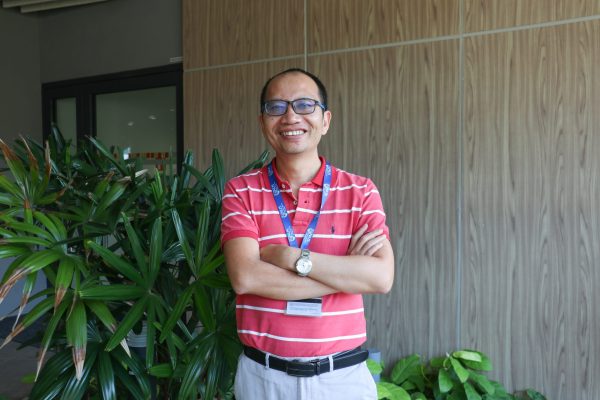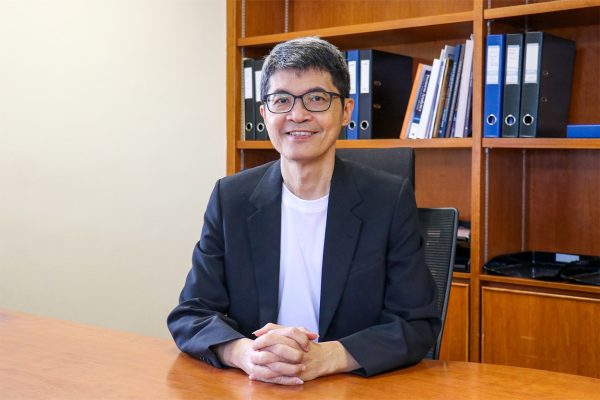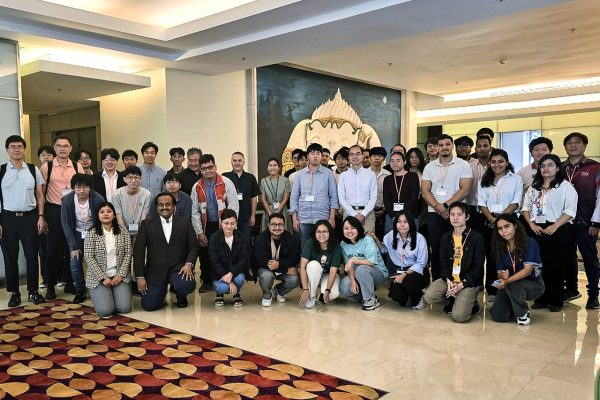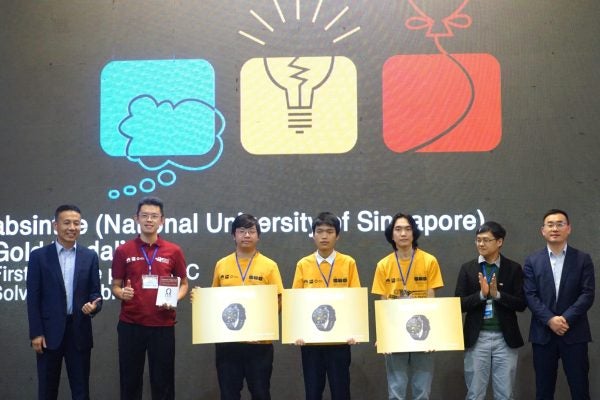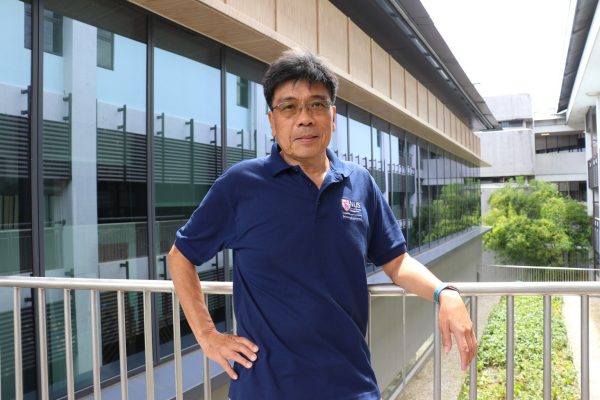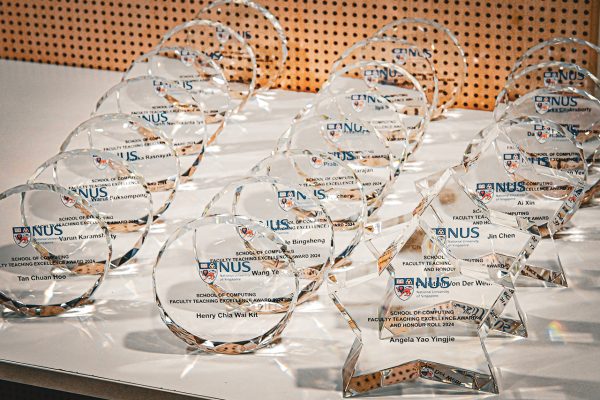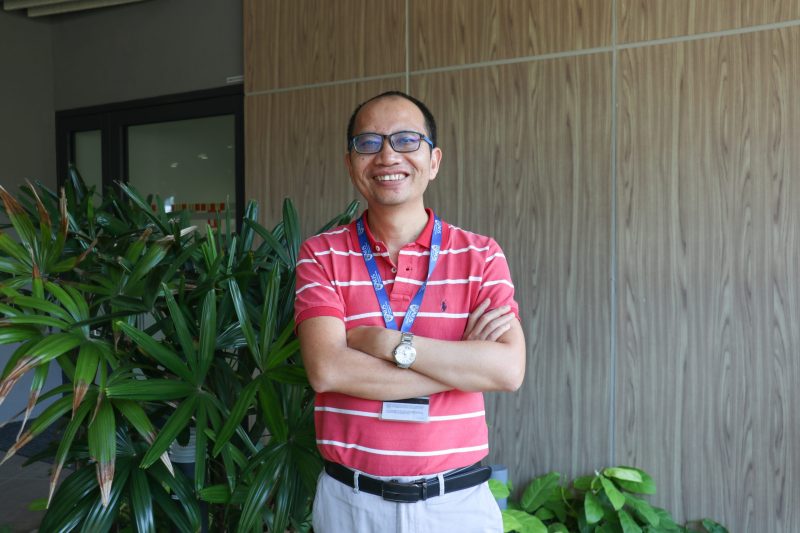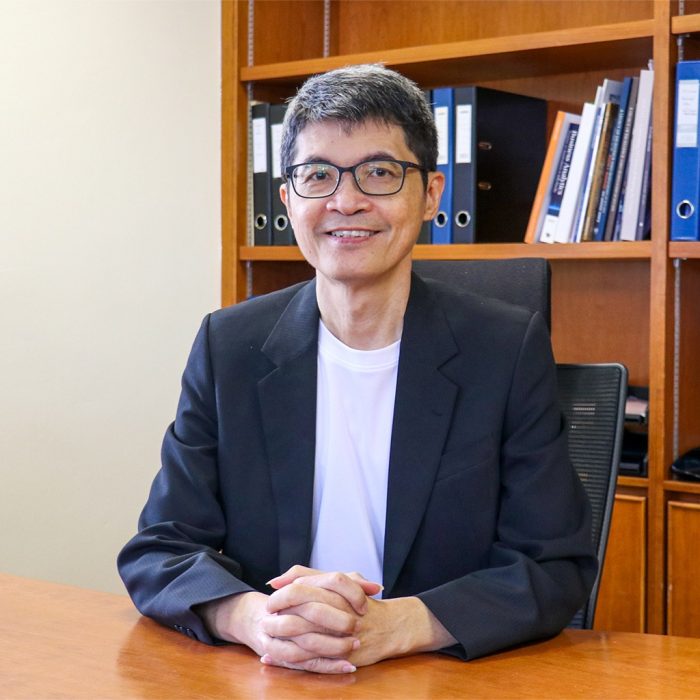News Hub
Home » Highlights
9 April 2024
Dive into the heart of innovation with Professor He Bingsheng, Vice Dean of Research at NUS Computing
5 April 2024
Professor Tan traces the School's journey to global excellence and his vision which empowers humanity in an ever-changing tech landscape
27 March 2024
The workshop was held from 9 to 10 March and aims to help participants considering pursuing graduate studies in a Master's or PhD programme in Computing to acquire, develop, and exercise research skills in Computer Science and Information Systems. It also featured presentations on the latest research and a hands-on game design session led by Senior Lecturer Anand Bhojan. A total of 40 participants attended the programme.
27 March 2024
Between 29 February to 3 March, Team absinthe went against 64 strong teams and emerged second place, just behind the Seoul National University team. This result bodes well for NUS Computing to bring back the first ever ICPC World Finals Championship medal later in April 2024.
22 February 2024
From engagement to well-being and diversity, Gary spotlights the transformative student experience at NUS Computing
9 February 2024
A total of 20 NUS Computing faculty members were honoured with Teaching Excellence awards on 26 January 2024. The NUS Faculty Teaching Excellence Award is awarded to faculty members who have displayed a high level of commitment to their teaching.
-
Computing 1
13 Computing Drive
Singapore 117417
Additional Links
© National University of Singapore. All Rights Reserved. • Legal • Branding guidelines

